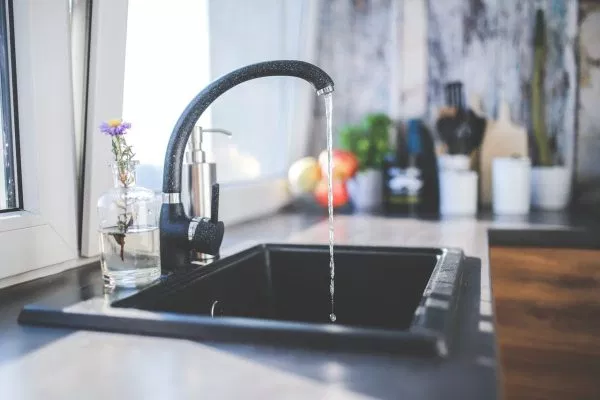-
bhavya@vinylpipes.com -
View Mobile Number
uPVC pipes vs. GI pipes for water supply
Contact Us
Vinyl Tubes Pvt Ltd.
Plant Address : 913, 9th Floor, International Trade Tower, Nehru Place, New Delhi, 110019 - 281403, India
Corporate Office : 913, Block E, International Trade Tower, Nehru Place, New Delhi, Delhi, India - 110019
Mobile : +91-9910006883
Phone : +91-11-65153724
Fax : +91-11-41027263

A water pipe is any pipe or tube designed to transport treated drinking water from borewell or water source to consumers. The process of transportation of water via tubes or pipes, from the public water supply system to individual building and subsequent distribution of water to various parts of the building is called water supply. A vast proportion of capital is invested in purchasing pipes while designing a water supply distribution system. The following important factors should be considered in the selection of pipes :
- Tensile Strength of pipe
- Capacity to carry Water
- Lifespan and the ability to withstand wear, pressure, or damage
- Expenditure on transportation of the pipes
- Leak-proof Jointing process, lifetime maintenance, and repairs.
- Galvanised Iron (GI) Pipes are manufactured using iron and zinc.
- Galvanised Iron pipes are available in light, medium and heavy grades depending on the sheet.
- GI pipes is the traditional piping material in the plumbing industry and water supply systems ( Borewells) Although still GI pipes are used throughout the world, its popularity is declining.
- These pipes are of lightweight but strong and rust resistant.
- uPVC pipes are easy to install and in handling.
- More Durable – Galvanised Iron pipes are prone to rust. uPVC pipes are nonmetal pipes, they are very native so they don’t react with surrounding elements, They are noncorrosive. uPVC Pipes are durable as compared to GI pipes.
- Compatible to hot & cold water – uPVC pipes are not affected by hot water, unlike Galvanised Iron pipes.
- Low Bacterial and algae growth – As per experimental results, bacterial growth in uPVC pipes is very low as compared to GI pipes.
- No scale & pit formation – As uPVC pipes are non-corrosive and resistant to scale formation, there’s no build up or any formation that causes loss of water pressure as compared to GI pipes.
- Chemical Resistance – GI pipes are prone to chemical reactions whereas uPVC pipes are excellent chemical resistant pipes due to which they remain unaffected by chlorine if present in the water supply.
- Easy Installation – uPVC pipes ( Casing and Column pipes ) can easily be installed. GI pipes are heavy thus requires more time in installation and if not installed correctly can cause breakage and leakage problem. uPVC pipes are easy to transport and handle then GI pipes.
- Cost effective – Having uPVC borehole water system is a cost effective affair, it lasts for more than 50 years.
- Surely, uPVC pipes are the best variant: they are stronger, easy to handle and long-lasting. Nowadays uPVC pipes for borewells are largely used in most parts of the world because the Galvanised Iron pipe gets corrosion.